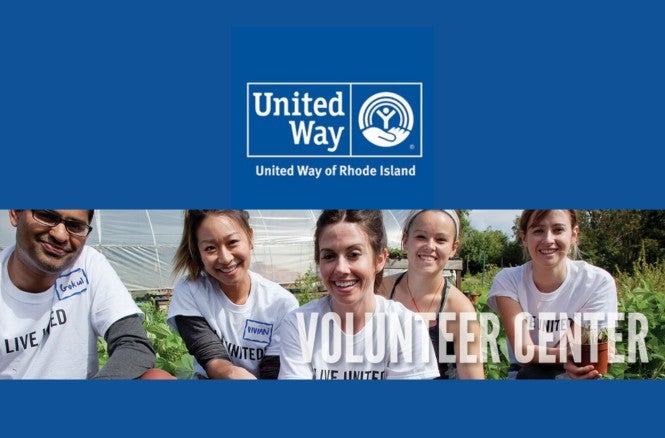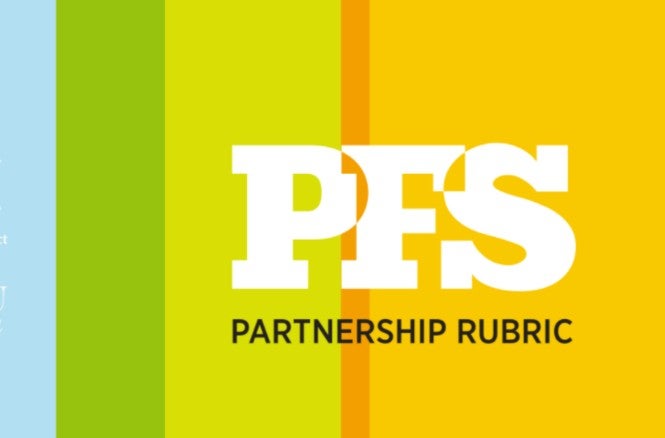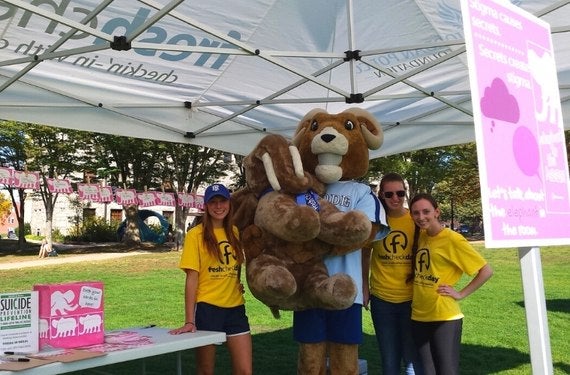Community Engaged Learning
Resources for Faculty
Community Engaged Learning Best Practices:
- Incorporate essential assignments and experiential activities that draw a connection to your class content, and cultivate civic knowledge, interest, and skills
- Take your time to cultivate reciprocal community partnerships
- Review important logistical processes related to agreements and risk
- Integrate critical reflection activities and assignments
- Incorporate resources to draw a connection between your class content and industry
Take the first step to a great partnership
United Way of Rhode Island Volunteer Center is a ‘one stop shopping’ for students and faculty, where they can find opportunities from over 100 Rhode Island nonprofits. Opportunities are searchable by location, agency as well as interest areas.
Alicia Vignali Henry, Community Engagement Coordinator, alongside the RI United Way Volunteer Engagement staff, will help faculty match with appropriate agencies. Partner agencies also have access to matching, so they are invited to seek volunteers for team events, long term projects and other need based initiatives.
If you are interested in working with a community partner, or planning a service based event please contact Alicia Vignali Henry or the Office of Community Engagement and Action at 401-874-2568.
Community Quick Links:
Processes and resources to review when creating and sustaining high impact practices.
Important Information & Resources
Be sure to review the Important Logistical Processes section on the CCEE Faculty Resource page. Reflect on the following questions on your own or connect with your Experiential Education Coordinator to discuss. Community based learning and civic engagement activities that are assigned as part of lecture class content should be included as part of the course contact hours. Addition information can be found in the Academic Regulations of the University Manual. For practicum courses, CCEE recommends the following hours per credit breakdown (35 hours per credit), as shown in the ITR Internship Program example:
Key Questions & Topics
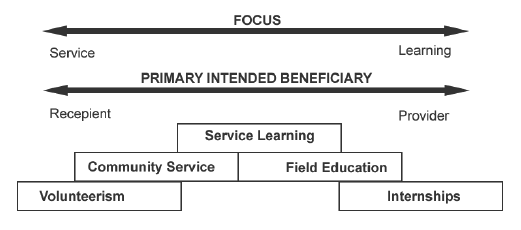
Terms & Definitions
Hours per Credit
Lecture
Practicum
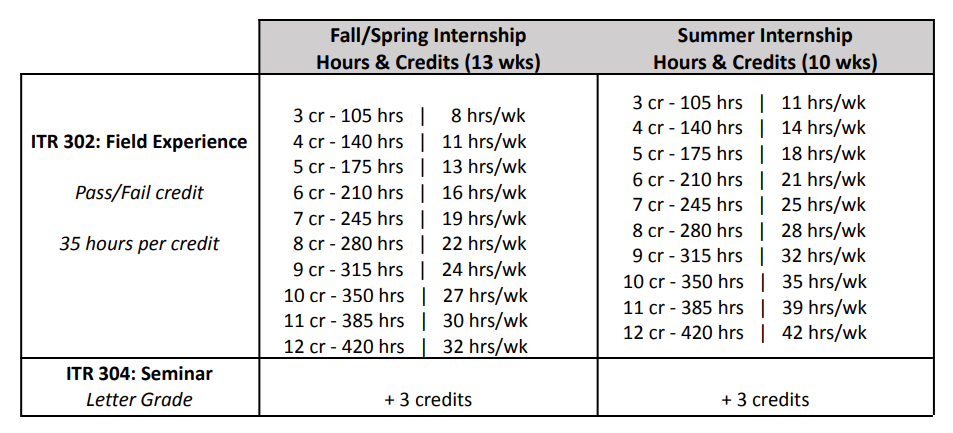
Civic Engagement Tips for Advisors
Consider the following when assisting students to find an appropriate community-based internship or experiential opportunity that could meet their current learning goals:
- Service leadership and engagement in the community can provide students the opportunity to gain context to skills and knowledge they have been developing through years of education. Many students find passion and perspective they otherwise might not have had the opportunity to experience, resulting in increased insight and confidence in potential major or career paths.
- Understand the types of experiential education opportunities available and that both credit and non-credit opportunities exist. In addition to service-learning and C1 Civic Responsibility courses, where students can be introduced to community agencies and topics, students can gain experience through volunteering, community work study, and service leadership roles.
- Does the student have elective credit available for an internship, service-learning, or other experiential course? If so, encourage looking into non profit organizations and agencies that serve the public good.
- If the student can enroll in an internship or service-learning course, what type of course would best fit? Some courses are highly structured, like the ITR Internship Program, which means the student will have significant guidance and support throughout the entire experience. Other courses might be more “low-touch” courses and provide pass/fail credit (no seminar) with minimal professional career reflection and touchpoints (like CSV 303).
URI Service-Learning Courses
Curriculum-based hands-on learning with the community that addresses real world issues. Service provides context for translating discipline-based theories into practice. Students apply academic and discipline knowledge to meet community identified needs. To help ensure accurate tracking of community engaged learning and adherence to University and federal policies, connect with Sarah Miller when you add or are considering adding a service-learning or community engaged learning component to a course.
Service-Learning Coded Courses
| Subject | Catalog | Course Title | Gen Ed |
|---|---|---|---|
| AAF | 300 | Special Topics in African and Afro-American Studies | |
| AVS | 132G | Sustainable Agriculture, Food Systems, and Society | |
| CPL | 523 | Planning Theory | |
| CSV | 301 | Course-Based Community Service | |
| CSV | 303 | Service In The Community | |
| EDC | 456 | Mathematics Methods in Elementary & Middle School Teaching | |
| HDF | 203 | Introduction to Work & Children | |
| HDF | 301 | Early Childhood Curriculum I: Introduction to Curriculum | |
| HDF | 303 | Early Childhood Curriculum II: Math & Science | |
| HDF | 306 | Infant Development | |
| HDF | 312 | Adult Development | |
| HDF | 314 | Introduction to Gerontology | |
| HDF | 434 | Children and Families in Poverty | |
| HDF | 440 | Environmental Context of Aging | A2, C1 |
| HDF | 480 | Senior Field Experiences in Community Agencies | C1, D1 |
| HDF | 562 | Organization Development in Human Services | |
| HPR | 392 | Honors Seminar in Civic Engagement & Soc. and Beh. Science | |
| KIN | 407 | Physical Activity as Therapy | |
| PHP | 340 | Service Learning | |
| PHP | 350 | Service - Adopt a Patient | |
| PLS | 390 | Irrigation Technology | |
| WRT | 404 | Writing for Community Service |

